Posted on 12/21/2024
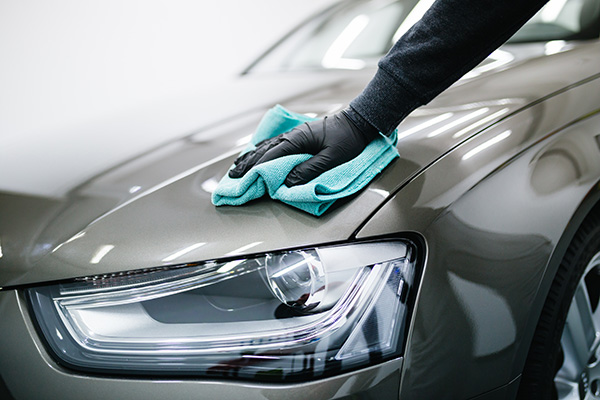
Winter might bring its share of snowball fights and cozy evenings, but it’s no friend to your car. The season’s harsh conditions—snow, ice, road salt, and fluctuating temperatures—can wreak havoc on your vehicle’s exterior and interior. That’s where car detailing and ceramic coating come to the rescue. These services not only enhance your car’s appearance but also provide the needed protection during winter. Wondering how? Let’s dig into it. What Is Car Detailing and How Does It Help in Winter Car detailing is more than just a fancy car wash. It’s a thorough cleaning and restoration process that targets every nook and cranny of your vehicle, both inside and out. In winter, when salt and grime accumulate faster than you can say “snowstorm,” detailing becomes a necessity. Detailing helps remove contaminants that could lead to corrosion, scratches, and other damage. By paying close attention to areas lik ... read more
Posted on 11/28/2024
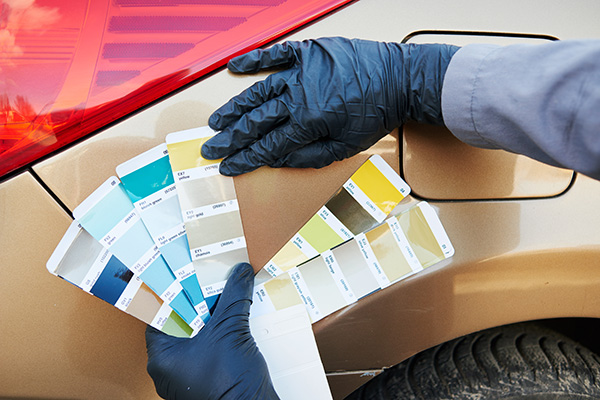
When your car’s exterior suffers damage—whether from a fender bender, scratches, or everyday wear—the quest to restore it often begins with one critical question: Will the repaired area match the rest of the car? Achieving a flawless paint match is no small feat, but it’s something professional auto repair shops excel at. The science and art behind this process ensure that your car looks as good as it did the day it rolled off the assembly line. We'll explain how skilled technicians make this happen and why their expertise matters. Why Paint Matching Matters Your car’s paint does more than just make it look good—it also serves as a protective layer against the elements. When that layer is compromised, repairs are essential not just for aesthetics but for the longevity of your vehicle. A mismatched repair job, however, can stand out like a sore thumb. Imagine your pristine vehicle with a slightly off-tone bumper or door. It dimi ... read more
Posted on 10/31/2024
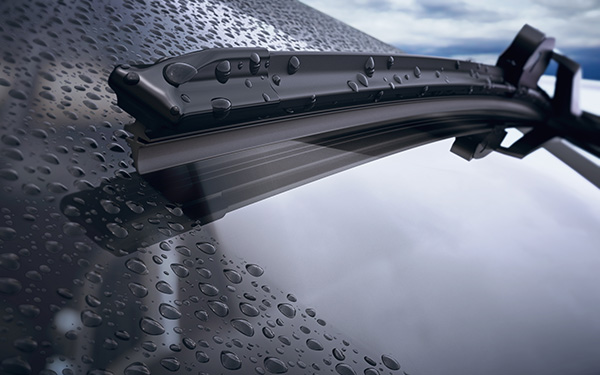
Wiper blades are one of those car components that we often take for granted—until they stop doing their job effectively. If you've ever been caught in a downpour with streaky or ineffective wipers, you know exactly how essential they are for visibility and safety. But how do you know when it’s time to replace your wiper blades? Don’t wait until you're in the middle of a storm to find out they’re not working as they should. We’ll explain the telltale signs of worn-out wipers and why regular replacement is essential. Why Wiper Blades Matter More Than You Think Your wiper blades are a crucial part of your vehicle’s safety system. They ensure that you maintain clear visibility in all types of weather conditions—rain, snow, sleet, or even dust. When wiper blades wear out, they stop contacting your windshield fully, l ... read more
Posted on 9/27/2024
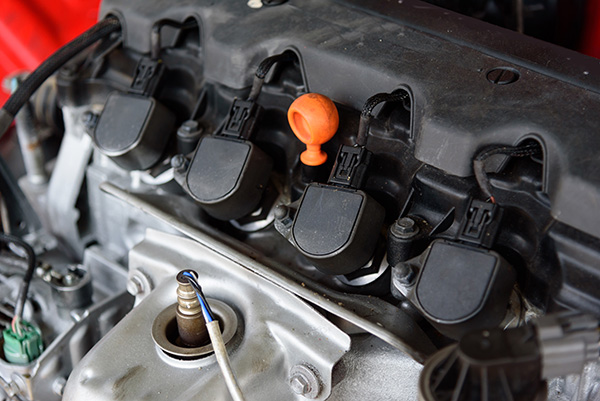
If you've ever wondered what makes your car's engine come to life every time you turn the key or push the button, the answer lies in a combination of two key components: spark plugs and ignition coils. These parts play a massive role in ensuring that your engine runs. Knowing how spark plugs and ignition coils work together can give you a better appreciation of how your vehicle operates and why maintenance is important. What Are Spark Plugs and Ignition Coils? Before we get into how they work together, it’s important to understand what each part does individually. Spark Plugs Spark plugs are small but mighty devices that are threaded into the cylinder head of your engine. Their job is to create a spark of electricity at the precise moment the fuel and air mixture enters the engine’s cylinders. This spark ignites the mixture, causing combustion, which in turn generates the power needed to move your car. Without the spark plug, the ... read more
Posted on 8/27/2024
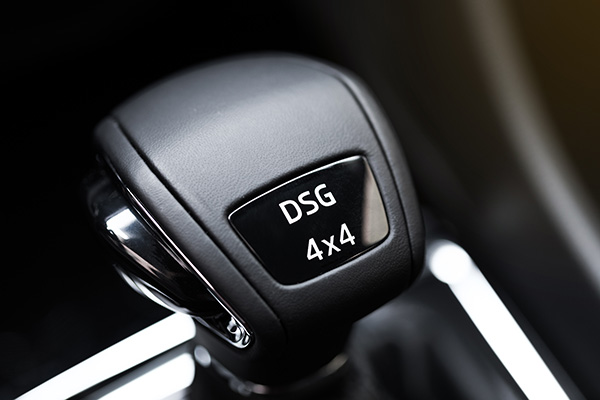
When it comes to performance and driving dynamics, the transmission of your vehicle plays a key role in how your car feels on the road. Among the various types of gearboxes available, DSG (Direct-Shift Gearbox) and SMG (Sequential Manual Gearbox) transmissions are often discussed due to their advanced technology and ability to deliver faster shifts. But what exactly sets these two transmission systems apart? If you’re a car enthusiast or just someone looking to better understand the options in modern transmissions, this guide will walk you through the core differences between DSG and SMG systems. What Is a DSG Transmission? The Direct-Shift Gearbox (DSG), often referred to as a dual-clutch transmission, combines the efficiency of a manual gearbox with the ease of an automatic transmission. As the name suggests, the DSG uses two separate clutches—one for the odd-numbered gears and one for the even-numbered gears. This clever design allows for nearly instan ... read more